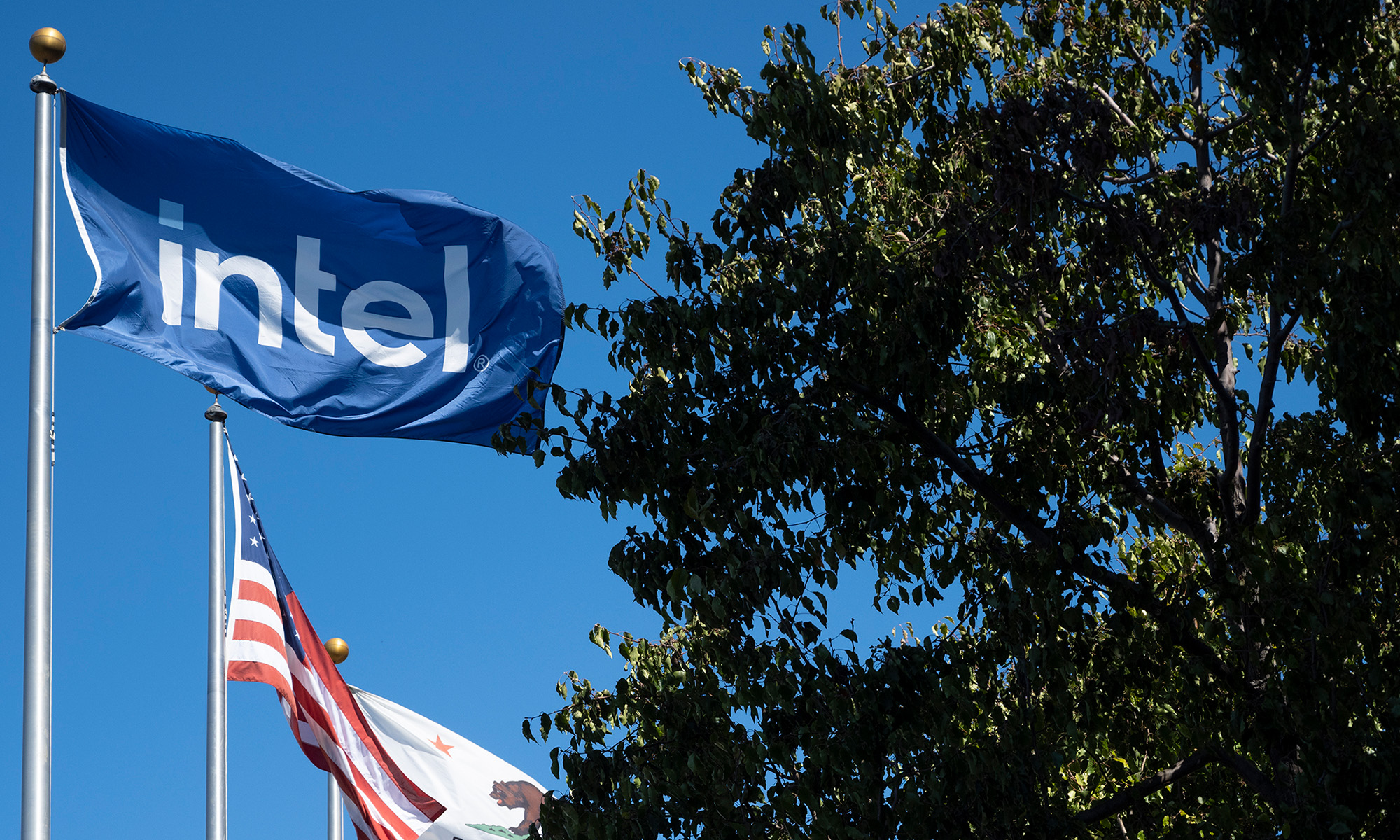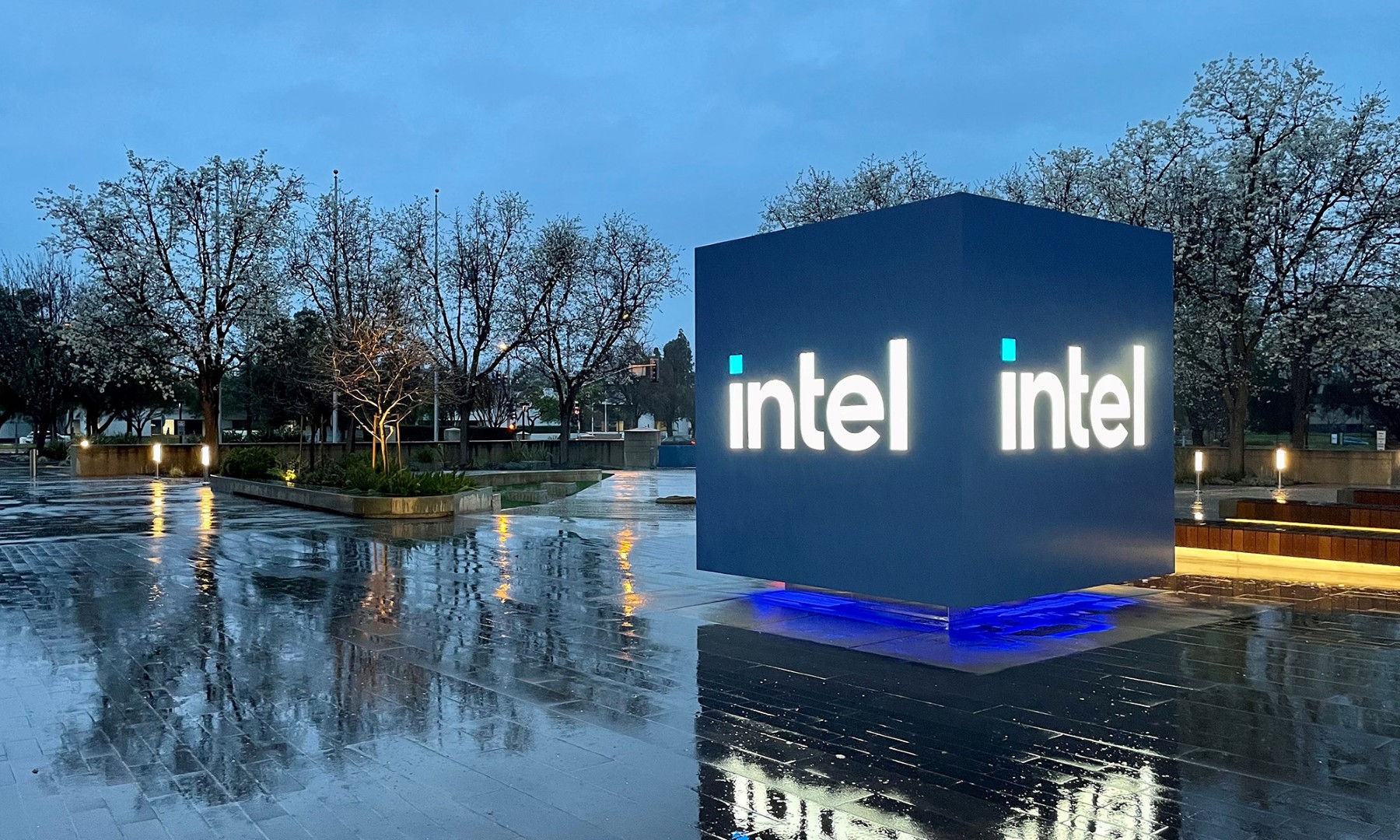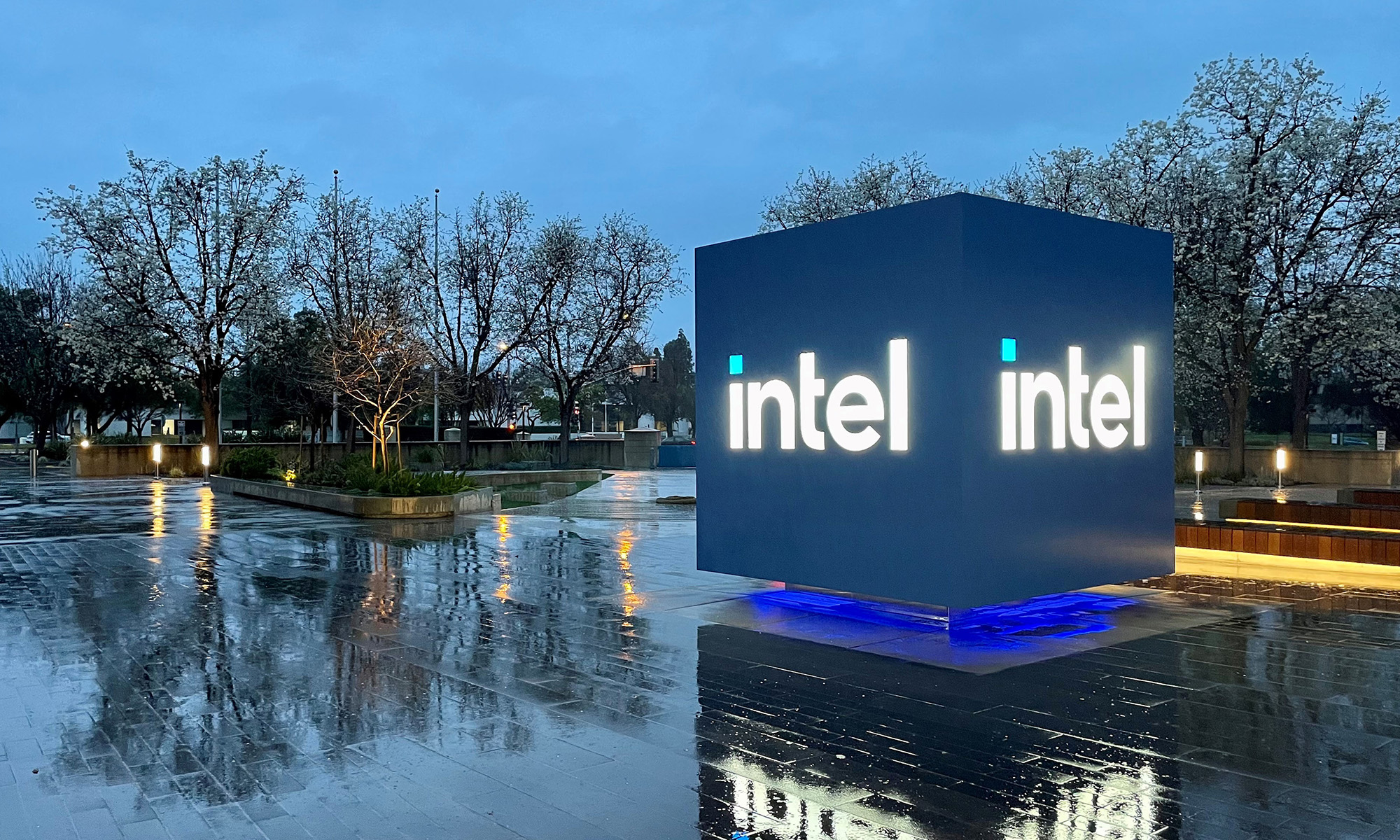Earlier this month at the IFA trade show in Germany, PC processor giant Intel (INTC +10.90%) released its new Skylake family of processors. These chips offer an improved design compared to the company's prior generation of chips and, for the market segments that Intel left unserved with its previous generation Broadwell chip, Skylake also brings a move to the company's latest 14-nanometer manufacturing technology.
One of the many Skylake chips that Intel announced is a notebook processor that comes with an unlocked multiplier aimed at buyers who wish to "overclock" their notebooks. Intel has long offered such processors in the desktop market, but this is the first time that Intel is doing so for high-performance notebooks.
The question for investors, then, is whether offering such a product will boost Intel's PC chip business. Let's take a closer look.
Why overclocking is awesome on desktops
The reason that unlocked processors are so popular among desktop enthusiasts is that on desktops, overclocking is a relatively cheap and easy way to potentially get a lot more performance.
Additionally, for users who buy top-of-the-line gear and want to squeeze even more performance out of their systems, overclocking is really the only way to get that additional performance.
Now, the downside to overclocking is that doing so often leads to dramatic increases in power consumption. In fact, it's probably fair to say that overclocking usually leads to a dramatic decrease in performance-per-watt.
For gamers who prioritize performance over all else, the fall-off in performance per watt -- as long as they're getting more performance -- generally isn't a problem. However, in mobile form factors such as gaming laptops, I'd argue that the story is quite different.
Overclocking in laptops probably won't have the appeal that it does in desktops
Although Intel demonstrated its unlocked mobile Core i7-6820HK being overclocked from 3.6 gigahertz to 4.2 gigahertz, I'm not convinced that a typical air-cooled laptop would be able to sustain that increased frequency for too long before needing to throttle back.
Indeed, at the IFA show, popular PC vendor ASUS showed off a gaming-focused laptop known as the GX700 featuring the aforementioned chip. The interesting thing about this laptop is that the processor isn't air-cooled as most laptops are; instead it is outfitted with a bulky (and likely quite expensive) water-cooling solution.
It's nice that Intel is offering this, but don't expect much of a financial impact
It probably doesn't cost the company anything offer these chips since they're based on the same silicon as the "locked" chips, and I'm sure that Intel's system partners are more than happy to have a chip with an interesting feature with which to try to upsell gamers to more expensive systems.
However, the financial impact to Intel should be fairly minimal as Intel's list prices for the 6700HQ, 6820HQ, and 6820HK are identical at $378. Assuming that the relative pricing between these chips reflects what the system vendors actually pay (although frankly, I wouldn't take that assumption on faith), Intel doesn't really benefit when a system vendor upsells a customer from a 6700HQ to a 6820HK.
All told, it's a good thing that Intel is offering different chip models aimed at various niches. There will certainly be some customers (although I suspect not a lot of them) that will find value in paying up for laptops with these unlocked chips and exotic water cooling, but I suspect that number is fairly small.






